Thoughtless language and design can exclude people who are different, says Martyn Evans
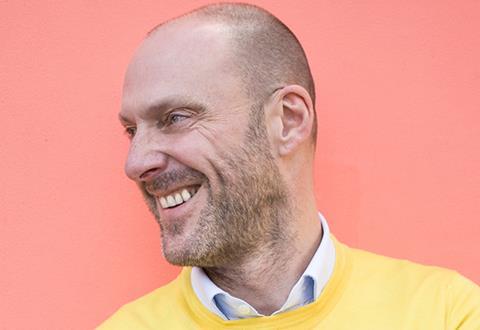
It’s Pride month. Westminster City Hall, across Victoria Street from us, is proudly flying a large rainbow flag and our office is festooned with smaller flags stuck to monitors. As with all days, weeks and months devoted to raising awareness of political issues, it’s a moment to reflect on the lie of the land.
When I started working in the property industry almost 30 years ago, I don’t think l’d have readily talked openly about being gay. I never wanted to hide it – I was out of the closet since I went to college – but there is a world of difference between being out and feeling at home and comfortable in the everyday workplace. I’m older now, more confident and in a position in my company where, if you don’t like it, it doesn’t really impact on me, but I do wonder how it is for younger people just starting out in an industry that still feels to me particularly… laddish.
I’ve never (knowingly) been the subject of discrimination and have never felt particularly at a disadvantage but, as I say, that might be more to do with me and my self-confidence than the world around my industry. I also know that I work with a bunch of particularly decent, intelligent, kind and friendly people who I know bear no ill will to anyone.
But that’s not the point. In so many work situations it’s much less about intention and more about naïve thoughtlessness and the impact it has on those on the receiving end.
When you come to a realisation that you might be different from others, it’s not direct discrimination or even a threat of violence that is the biggest challenge, it’s a sense that the world is not designed for you
I don’t have to point out that this is not just an issue for LGBT+ people – women, those from minority ethnic backgrounds and those with disabilities are all equally under-represented and promoted in our property industry and suffer every day from unconscious bias and exclusion from situations and conversations that are not “for them”. But I can’t speak from personal experience there, so I’m going to stick to the subject I know most about.
>> Also read: First LGBT group for architects launched at RIBA
When you come to a realisation (early in life for most people) that you might be different from others, it’s not direct discrimination or even a threat of violence that is the biggest challenge, it’s a sense that the world is not designed for you. Growing up gay is to feel that all of life, from television to shop windows, books, films and lessons in school is about growing up into a state of happiness that is not available to you.
Even now, in 2019, a gay couple walking down the street hand-in-hand will draw comments, stares and negative reaction. It’s why the first time in a gay nightclub is such a transformational experience for young gay people – to walk through the door is to know immediately that you are in a place, unlike the rest of the world, where flirting will not risk violence and you can truly be yourself. The downside, of course, is the back-to-reality of Monday morning.
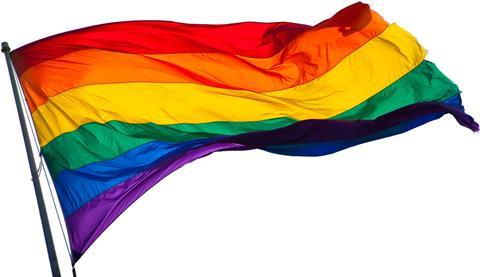
I’m so aware in writing this that 600 words is nowhere near enough to discuss such an emotive and important issue for me. But rules is rules, so I’ll just wrap this up with a plea for some thoughtfulness. As I’m sure the women and those from minority ethnic backgrounds will agree, I’m not suggesting that the majority of people in our workplaces are prejudiced or biased but… I’d just ask that you think twice before you speak. If you talk about Pride this month, it doesn’t have to be supplemented with an “innocuous” joke about tutus or Kylie Minogue. When you ask a gay colleague what he did over the weekend, don’t immediately assume it involved a lot of promiscuous sex and be aware that harmless language that makes someone else feel excluded or reinforces a notion that a situation or conversation is not for them is just another reminder that they don’t belong.


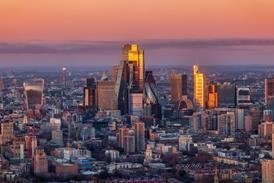
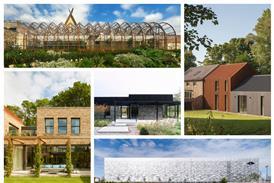
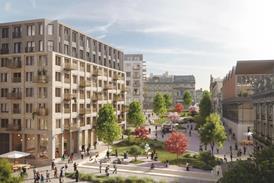
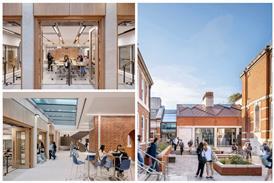










5 Readers' comments